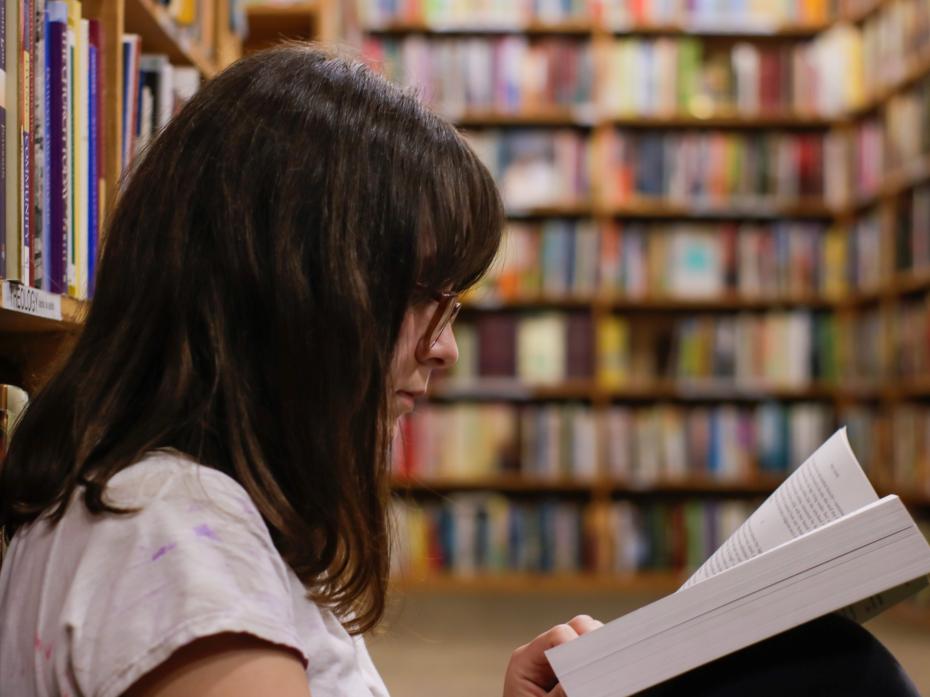For me, being a teacher is not only about introducing students to mathematical facts and techniques, but is also about helping students to grow both academically and personally, to explore their interests and to develop their talents. To do this, I have to go beyond the narrow definition of a teacher as someone who simply demonstrates academic content and evaluates students’ progress. Instead, I prioritise building their trust.
Occasionally I fail to meet my students’ educational needs or my own expectations, and these moments stay with me. Almost two decades ago, I was teaching in a programme designed to help Indigenous learners refresh their academic skills. A young woman with a natural talent for mathematics became my co-teacher – she would be first to solve every problem and would demonstrate her solutions on the board. She abruptly stopped coming to classes one day due to family reasons and I never saw her again. Years later, it still hurts that I didn’t get to help her further academic development.
- Students’ life stories can bridge the gap between theory and practice
- Contextual learning: linking learning to the real world
- How to co-create learning resources with students
From my Indigenous collaborators in the Math Catcher Outreach Program, I learned that to work with someone you must first know them. I approach teaching as a collaboration – a journey of trust my student and I are on together.
Share personal stories
Open up to your students and use stories from your life to demonstrate your passion for the subject you teach. For example, I was recently discussing a mathematical problem with my students and told them about how my father used to always have a daily chess problem from the newspaper in his pocket because he loved to solve them. Moments like this humanise the process of learning.
Learning is a reciprocal relationship
Over my career as a teacher, I’ve learned to listen to suggestions and questions from students in order to improve my own teaching practice. I format my lecture notes based on a student’s suggestion from decades ago. During a visit to a school many years ago, a Grade 3 student asked me what the world would look like without mathematics. Ever since, whenever I give a talk about the importance of mathematics, this is the question I always ask the audience.
Embrace the complexity of your students’ lives
My class is just one piece in the possibly complex mosaic of my students’ lives. Other academic and non-academic interests, family dynamic, health, economic and social status all play a part too. Accept your students as individuals, with their own distinct learning styles, educational histories and working habits.
One of the most intelligent and hard-working people I ever taught told me, upon starting my course, that she had recently suffered a severe head injury in a car accident. I can still hear her trembling voice and feel the mixture of hope and fear about her ability to recover. Mathematics ended up playing a part in her healing process.
Create space for student stories
Discover your students’ stories. Listen to them patiently and compassionately in order to better support them in achieving their educational goals. By listening to my students – inviting them to open-office hours, conversing online, even having a conversation on public transport – I learn how to enhance my teaching methods and approaches to suit their generation.
Encourage student creativity
Course tasks that spark creativity are a great way to form bonds with students. While teaching a Ramsey theory class, I set term projects that involved students bringing in their knowledge and skills from elsewhere. They did podcasts, music pieces, graphic novels, videos and computer games – it was incredible. One of my engineering students told me how grateful they were to have their passion for maths rekindled.
As educators, we have the privilege of connecting with young people and contributing to the quality of their present and future lives. I aim to find a balance between respecting my students’ personalities, entrusting them with the responsibility to take on the necessary work themselves and doing all I can to help them achieve their academic and personal goals. Teaching is about sharing your passion for learning and, in my case, how mathematics can help us better understand the world around us, just like the young woman in my class all those years ago. Realising this has been a liberating experience.
Veselin Jungic is a teaching professor in mathematics at Simon Fraser University.
If you would like advice and insight from academics and university staff delivered direct to your inbox each week, sign up for the Campus newsletter.




comment